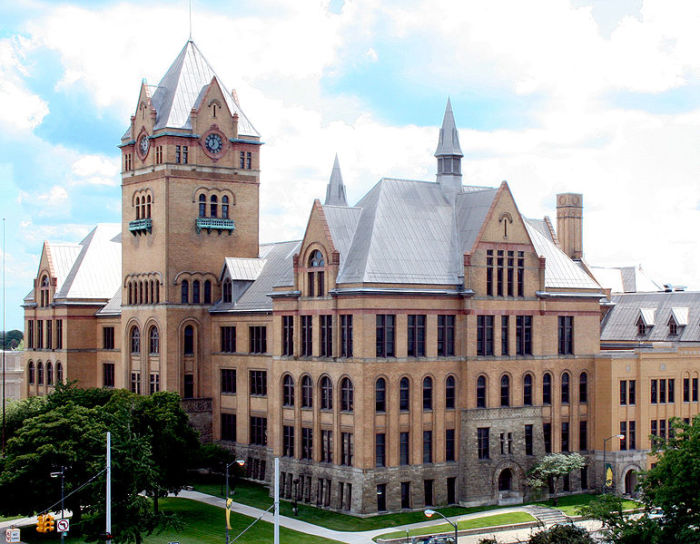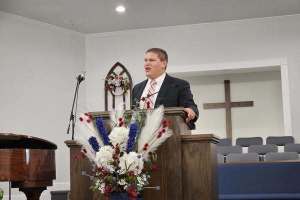Michigan University Boots InterVarsity Off Campus Over Policy Requiring Christian Leaders

InterVarsity Christian Fellowship filed a federal lawsuit against Wayne State University on Tuesday after it was derecognized as an official student group by the Michigan public school because of a policy requiring its leaders to be Christian.
Although InterVarsity has been recognized as a student group on the Detroit campus for over 75 years, that all changed in October 2017 when the Wayne State chapter was booted off campus because of a policy that the school administration deemed "discriminatory."
According to the lawsuit filed in the U.S. District Court for Western Michigan, the InterVarsity chapter's troubles began when it applied to renew its status as an official student organization.
Although the leaders of the group thought the renewal would be automatic, they were told by the Dean of Students' office that the requirement in the chapter's constitution that leaders be Christian is unacceptable.
Despite the group's long history at the school, no issue had been raised with the leadership policy until last year.
"Wayne State — an arm of the Michigan State government — makes the remarkable claim that it violates university policies for InterVarsity Christian Fellowship to choose only Christian leaders rather than Jewish, Muslim, or atheist ones," the lawsuit filed by lawyers with the religious freedom nonprofit Becket explains.
The lawsuit claims that the university is guilty of discrimination because it allows other student groups to have a qualification requirement when selecting their leadership.
"Wayne State rightly allows fraternities to have only male leaders, female athletic clubs to have only female leaders, and African-American clubs to have only African-American leaders," the lawsuit states. "But Wayne State cannot then say it is wrong for a Christian club to have only Christian leaders."
The lawsuit also points out that Wayne State recognizes the Ahmadiyya Muslim Students Association as a student organization even though the group's website states that its purpose is to "bring Ahmadi Muslim youth together in university."
According to Becket, the university recognizes over 400 student groups. The university allows the Secular Student Alliance to require its leaders be secularists and allows the Students for Life chapter to require that its students be pro-life.
"Simply put, Wayne State is unconstitutionally targeting InterVarsity because of InterVarsity's religious beliefs," the lawsuit states. "As an arm of the state of Michigan, Wayne State is subject to Michigan anti-discrimination law, which prohibits religious discrimination in educational institutions."
The lawsuit cited a 2015 case where the U.S. Court of Appeals for the Sixth Circuit ruled that InterVarsity had the right to fire an employee who divorced her husband.
The Christian Post reached out to Wayne State University for comment on the lawsuit on Wednesday. A response is pending.
"Since InterVarsity has been derecognized, and its constitution is identical in relevant respects to the constitutions used at Michigan State University, the University of Michigan, and other state university campuses, InterVarsity USA fears that other chapters will be derecognized as well, particularly if WSU attempts to justify its actions on the basis of state law," the lawsuit explains.
The Wayne State case mirrors a similar case brought against the University of Iowa by the student group Business Leaders for Christ, which is also being represented by Becket.
BLinC was derecognized by the university last year after it refused to give a leadership position to a gay student who refused to affirm the group's statement of faith.
In January, a federal judge ruled that the school must reinstate the campus group for a period of three months so that the group could be allowed back on campus for the school's spring recruitment fair.
Becket media relations associate Ryan Colby told CP that the InterVarsity case differs slightly from the BLinC case because "this time the religious student group was kicked off campus solely for asking its leaders to share its faith and not for any other reason or due to any student complaints."
Becket also represented the Christian student group Chi Alpha when it was kicked off the campus of Cal State Stanislaus in 2015 over its policy requiring leaders to share the Christian faith.
The school eventually reinstated the group in November 2015.





























